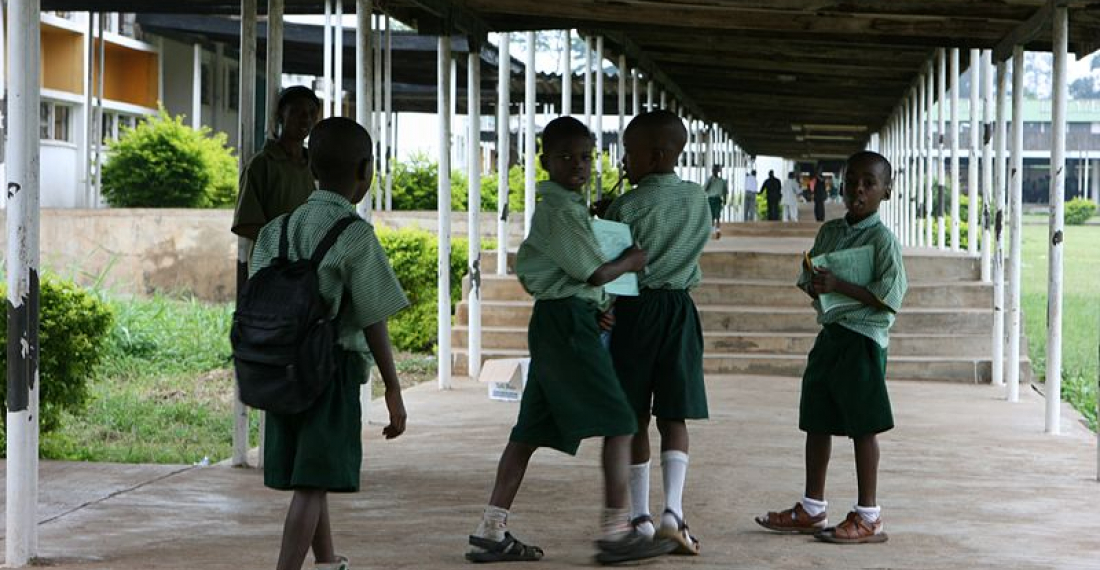In Zamfara State, in northern Nigeria, 75 hostages that were kidnapped in a school at the beginning of September were released on Sunday evening (12 September) by their captors.
Shortly after the kidnapping, the army launched several military operations against local armed groups which have increased attacks and kidnappings over the past months. Telecommunications have also been suspended by the authorities since 3 September to prevent them from exchanging information on troop movements.
"75 hostages from Kaya public high school were released on Sunday evening [...] They appeared to be in good shape and unharmed," a local government source told Agence France-Presse (AFP).
The armed forces managed to locate the camp of the kidnappers, who were quickly surrounded. The latter therefore agreed to release the hostages against the military's promise to let them escape from the forest where they had taken refuge.
Also in Zamfara, 12 members of the Nigerian security forces were killed on Saturday in an attack on a military base, according to security sources, while 240 detainees escaped from a prison during another assault in Kogi State, in the centre of the country.
Criminal gangs are rampant in the northwestern and central states of Nigeria, where they carry out violent raids to loot villages, steal livestock and kidnap residents for ransoms.
They particularly attack schools, easy targets because they are often poorly protected and located in isolated rural areas. More than 1,000 students have been kidnapped since January in a series of attacks. While many of them were released after a few days in captivity, dozens of children and adolescents are still missing.






